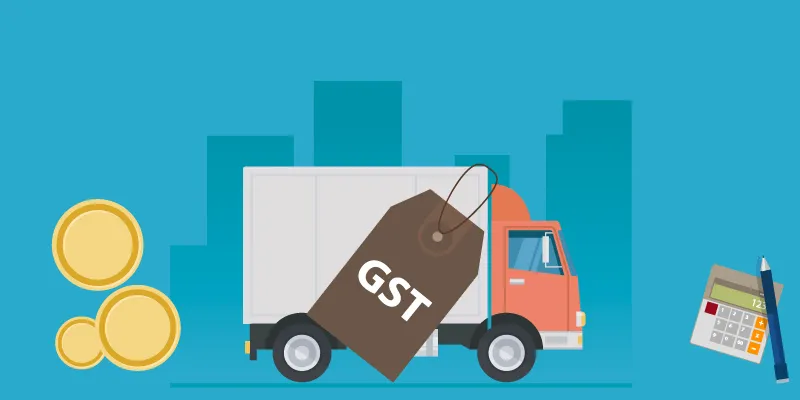From October 1, ecommerce firms to collect tax at source from sellers
The TCS and TDS provisions, which were kept in abeyance since the rollout of GST on July 1 last year, will add to the compliance burden of ecommerce companies.
Amazon India and Flipkart may be preparing for their big festive season sales, but the government seems to have put a spanner in the works. The Central Board of Indirect Taxes and Customs on Thursday notified October 1 as the date for implementing the tax deducted at source (TDS) and tax collected at source (TCS) provisions under GST law.
Ecommerce companies will now be required to collect up to 1 percent TCS while making any payment to sellers under the new Goods and Services Tax (GST) regime. States too can levy up to 1 per cent TCS under the State GST (SGST) law.
The Big Billion Day sale, which is Flipkart’s annual shopping festival, is normally held in October. Amazon India holds its flagship sale, Great Indian Festival, during Diwali. After that, the ecommerce industry gets into the festive Christmas and New Year mood.

The GST, which subsumed numerous local and state taxes, was implemented from July 1, 2017. To make it easier for small businesses and traders to tide over initial teething problems, the TDS/TCS provisions of GST laws were kept on the backburner till June 30, 2018, and then further deferred till September 30, 2018.
Anita Rastogi, Partner, GST and Indirect Tax, PwC, said, “We were expecting that this announcement would get postponed till the next financial year. The ecommerce sector is facing multiple challenges. With this provision in force, ecommerce companies have to collect tax at source for sales on the platform before remitting the payment to vendors. But the catch is whether the ecommerce company needs to register in all 28 states where its vendors are located. This is an interpretation issue and it will be good if the government can quickly clarify this."
She added: “Let me explain with an example. Let’s say I am an ecommerce operator and have taken registration in Bengaluru and Delhi. But on my platform, I have sellers from Bihar or North East who are eligible to sell. I need to collect tax at the source before it goes to vendors. If I do that, vendors need to take the benefit of the tax deduction I have made. No , unless the commerce operator is registered where the sellers are based, the sellers will not be able to take the credit. We hope this issue is resolved on an urgent basis . The recommendation is that the ecommerce companies should not be required to register at multiple locations only to fulfil the condition of collecting tax at source and depositing with government. Or else, compliance formalities for ecommerce companies will increase multifold. We also have to bear in mind that only two weeks are left for companies to comply with this.”







